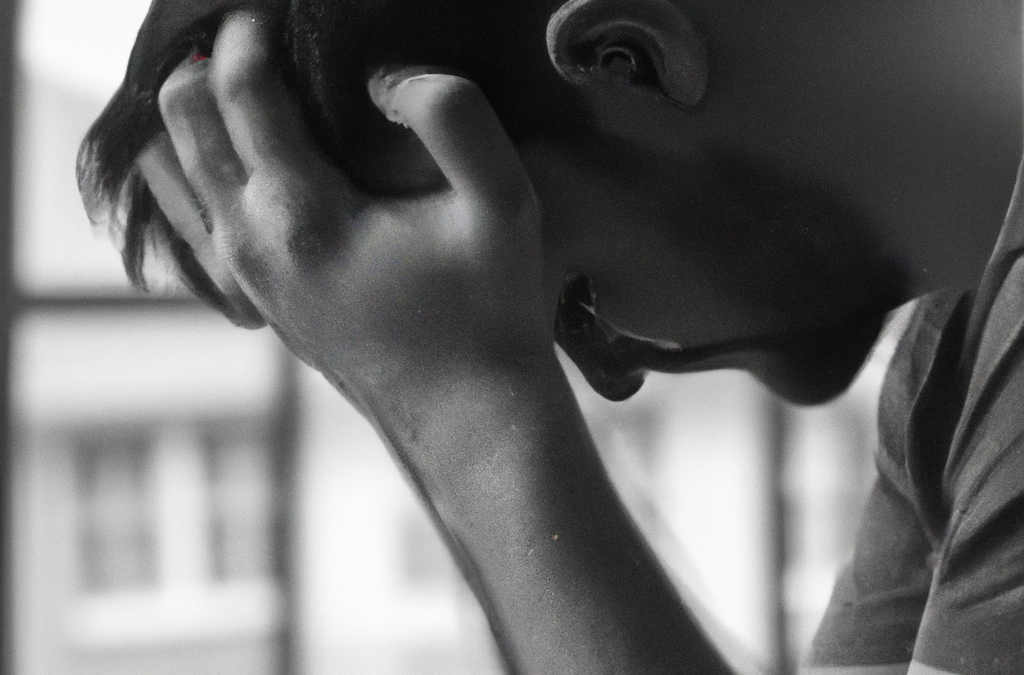All About DMT
855 339 1112
Addiction, Abuse, and Treatment
DMT is sometimes referred to as “fantasia” or “dimitri” because of its hallucinogenic effects. DMT is one of the least commonly-used drugs in the United States and throughout the world.
Effects and Risks of DMT , DMT Dependence and Addiction, Rehab is Your Best Chance
DMT, also known as N,N-Dimethyltryptamine, is a powerful hallucinogenic drug that is illegal in the United States, as well as many other countries. Although there is a debate on whether this drug is addictive, it is important to keep in mind that it presents serious physical and psychological dangers, especially for frequent users who develop dependence.
This chemical actually develops naturally in the brain. But DMT is also found in plants that are indigenous to Central and South America. As a drug, it takes the form of a white powder.
To experience its effects, users smoke DMT with a pipe. Others brew it into drinks like Ayahuasca and yagé. Some DMT users inject the drug directly into their bloodstream; however, this is much less common.
DMT is sometimes referred to as “fantasia” or “dimitri” because of its hallucinogenic effects. DMT is one of the least commonly-used drugs in the United States and throughout the world. It is interesting to note that most people who try DMT have already experimented with other hallucinogens.
Effects and Risks of DMT
When a person takes DMT, it stimulates the production of serotonin within their brain. This is a neurotransmitter that causes feelings of happiness. This means DMT can cause intense feelings of euphoria. It also causes vivid hallucinations and altered perceptions of reality. People described it as a “life-changing” sensation.
A DMT “trip” generally lasts less than an hour when users smoke the drug. If they brew DMT and drink it, the effects will kick in after about thirty minutes, after which they will hallucinate for four to six hours. The drug may leave mild, lingering effects for several days.
While the effects of DMT are primarily psychological, it also has physiological effects. Taking this drug can cause adverse side effects.
A person who has taken DMT may exhibit symptoms like headache, dizziness, increased body temperature, dilated pupils, rapid eye movement, increased heart rate, hypertension, nausea, vomiting, loss of muscle control, and pain in the chest.
Many users promote the “benefits” of DMT, but the drug is not safe. The substance can substantially harm a person’s physical and mental well-being. High doses of the drug may send the body into a serotonin overdose. It may cause seizures, obstruct breathing, or induce a coma. In some cases, DMT overdose can be fatal.
While it is true that DMT can give users a positive psychological experience, more people have suffered because of its adverse effects. DMT trips are also unpredictable—with some users experiencing traumatic, confusing, or terrifying hallucinations.

DMT Dependence and Addiction
Unlike most hallucinogens, there is little evidence that this drug causes tolerance or any physical withdrawal symptoms. Because of this, researchers generally do not believe that DMT is addictive. There is also no evidence that using DMT on a long term basis significantly changes or damages a person’s brain.
However, DMT can cause psychological dependence, as it gives the user a maladaptive coping mechanism that helps them escape reality. The limited studies on the topic of DMT dependence suggest that DMT users can develop cravings for the drug and experience psychological distress when they cannot use it.
Additionally, the potential physical dangers of DMT should not be ignored. As a person abuses this drug, they become more and more exposed to its serious health risks. Some users begin to take higher and more frequent doses of the drug, spending more money on it and neglecting their responsibilities. These are both characteristics of an addicted individual.
DMT has been a Schedule 1 controlled substance since 1971. The US government considers DMT to have no legitimate medical purpose and imposes heavy fines and decades in prison as punishment for its possession, manufacture, and sale.
However, DMT is part of the rituals and traditions of several indigenous South American religions. The Supreme Court ruled that the federal government cannot prevent practitioners of religions which consider DMT to be sacred from using the drug as part of their religious expression. Nevertheless, DMT remains illegal for the vast majority of Americans.
If someone in the family is struggling with drug or alcohol addiction, it is important to seek help. A combination of medical detox and behavioral therapy can go a long way in the fight against substance abuse. But because every individual is affected by addiction differently, a comprehensive program tailored to their specific needs is necessary. Look for a nearby addiction treatment facility today and find out how drug treatment programs work.
Rehab is Your Best Chance
Treatment is an addicted individualʼs best option if they want to recover. Beating an addiction not only requires eliminating the physical dependence, but also addressing the behavioral factors that prevent them from wanting to get better. Simply quitting may not change the psychological aspect of addiction. Some people quit for a while, and then take drugs or alcohol again, only to overdose because they did not detox properly. Recovery involves changing the way the patient feels, thinks, and behaves.









